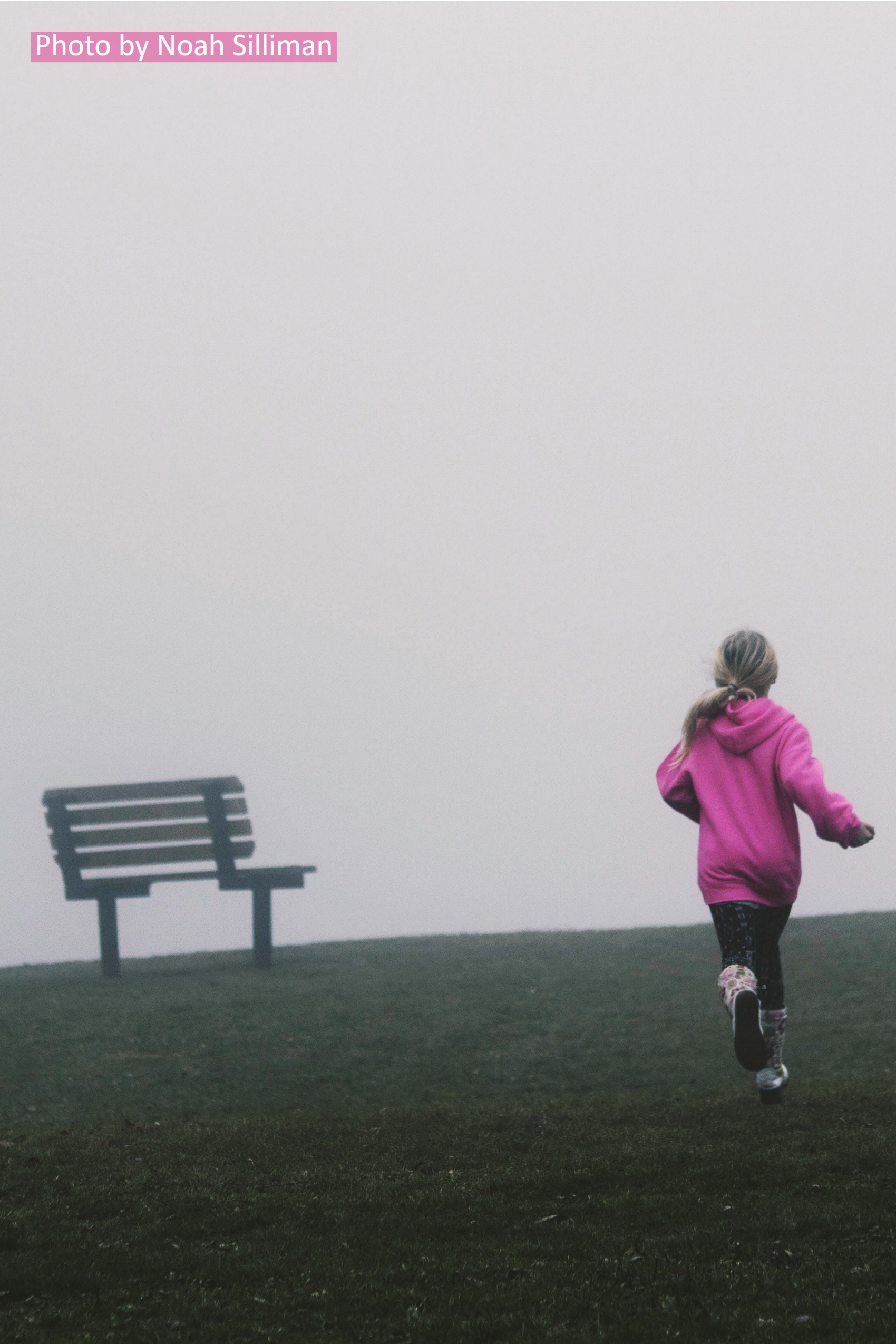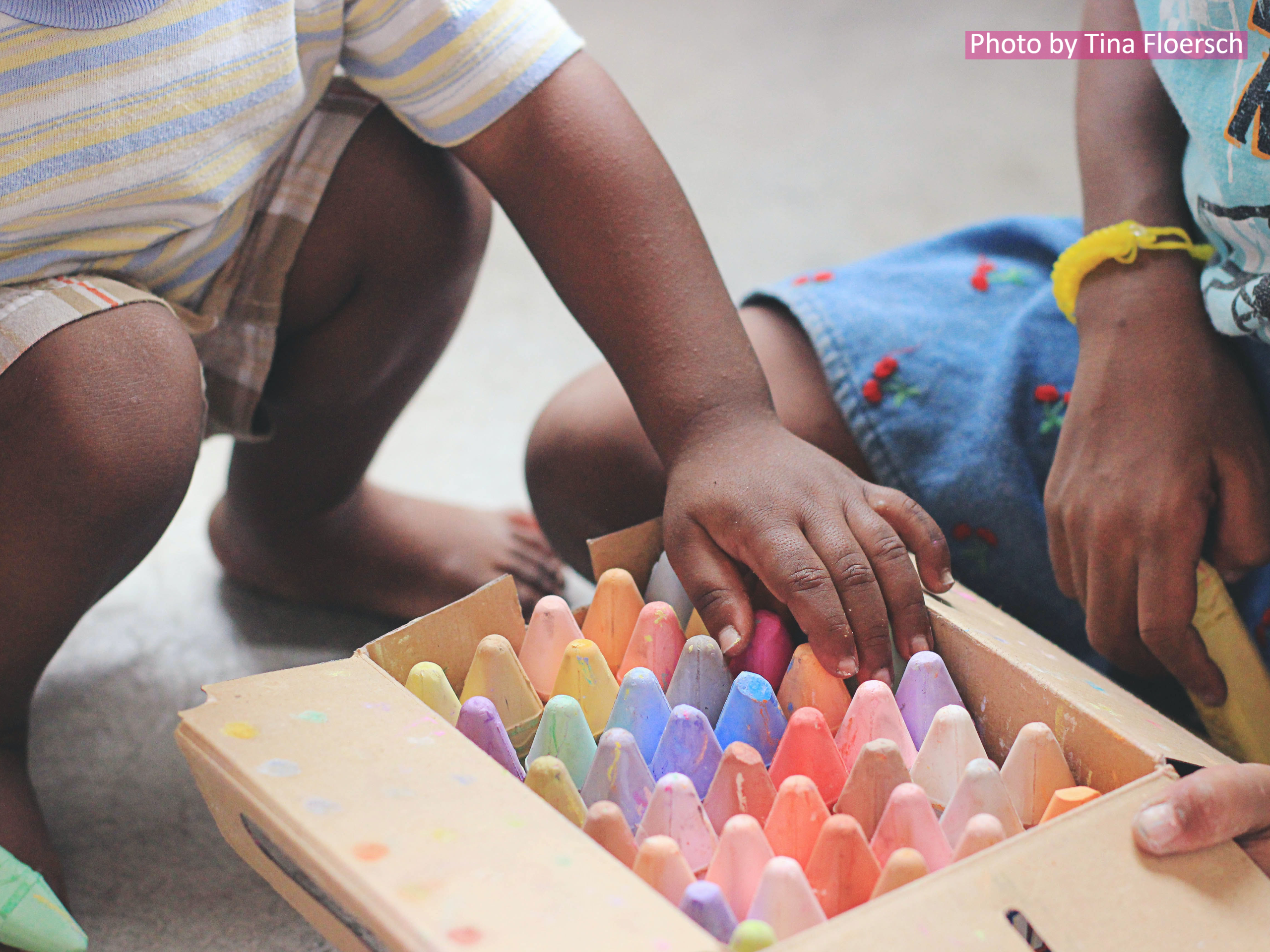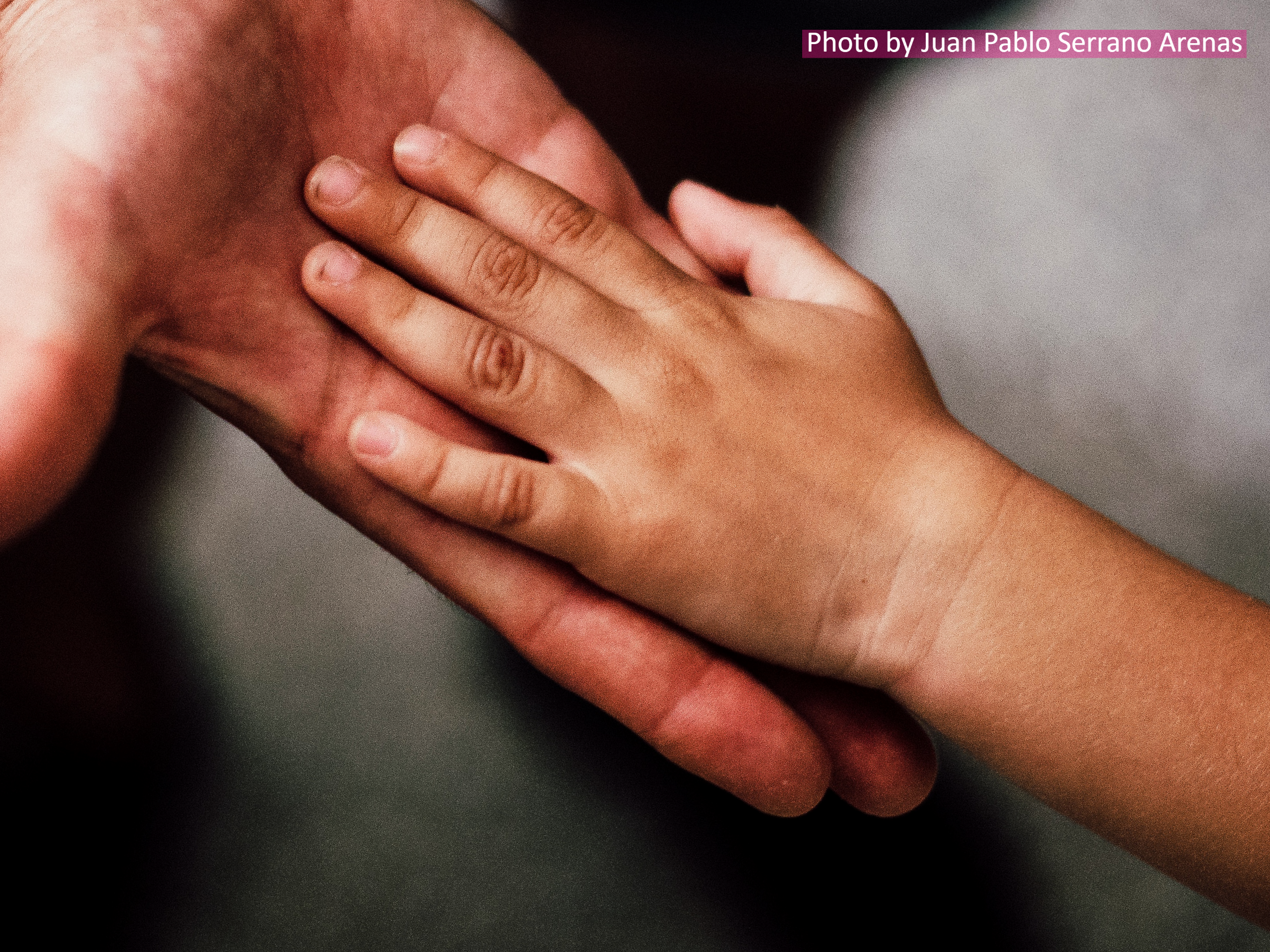Gender-based violence is the ultimate imposition of power emerging from rigid forms of gender discrimination and gender stereotypes. Sadly, young girls from poor and disadvantaged socioeconomic conditions remain the most affected by GBV.”
Rangsima (Ying) Deesawade
Regional Coordinator for Southeast Asia
Gender-based violence ranges from physical assaults, to psychological abuse, economic discrimination, and sexual exploitation [3]. To put it simply, any harmful act committed towards anyone based on their gender is described as gender-based violence.
Sexual exploitation as a reflection of gender based-violence is often the consequence of harmful gender stereotypes and power imbalances that position children– especially girls and young women– as inferior or subordinates in society. Read our article on Gender Equality and Child Protection.
Sexual violence against women and girls and other exploitative practices against girls such as Child, Early and Forced Marriages are not always understood as violations of human rights, but rather as manifestations of cultural and social traditions envisioned as “normal” [4]. Because of this, concerted action is rarely taken to ensure that victims/survivors can receive the attention, support, and access to justice.
During times of crisis, the threat of gender-based violence significantly rises for women and girls. Sexual violence such as rape and forced marriages are sadly commonplace weapons of war. Listen to our podcast “War and Conflict Create Space for Dangerous Situations for Children”.


The sad reality is that no country is free from gender-based violence in the form of sexual exploitation. This crime affects millions of children worldwide. . According to UNICEF, “at least 120 million girls under the age of 20 – about 1 in 10 – have been forced to engage in sex or perform other sexual acts, although the actual figure is likely much higher. Roughly 90 per cent of adolescent girls who report forced sex say that their first perpetrator was someone they knew, usually a boyfriend or a husband” [5].
At ECPAT, our goal is to ensure the protection of all children from any form of child sexual exploitation and abuse, including gender-based violence. To do so, we do research and push for the critical systemic and social changes necessary to end sexual exploitation and abuse with governments, intergovernmental institutions, the private sector, civil society and the general public, including children themselves.
It is our core priority to enhance children’s voices and make sure that victims and survivors of child sexual exploitation and abuse are heard. For this reason, we developed the ECPAT victim-centred Survivors Perspective research methodology, which aims at ensuring that the voices of children who have had experiences of child sexual exploitation and abuse online are heard and brought into evidence.
Our global research into child online sexual exploitation through the Disrupting Harm project showed that perpetrators engage in both physical and psychological abuse in order to sexually exploit children. With the growth of the Internet and with more and more children spending their time online for recreational or educational purposes, these criminals have also moved to commit crimes against children through online platforms [6].
“Our lives today exist on a continuum that includes online and offline domains simultaneously. This is especially true for children, who now are living in a digital world where on/offline distinctions no longer represent separate social spaces. Therefore, the existing laws and mechanisms in place to protect children offline, must be rapidly reviewed and adapted to keep pace with the evolving nature of sexual exploitation facilitated through technology, with a particular focus on what is needed to protect girls and young women.”
Thomas Muller
Deputy Executive Director, Network Development and External Relations
Gender based-violence online often occurs in the forms of threatening messages, sexual comments, unwanted offensive and sexually explicit content, videos without consent, coercion, online stalking as well as sharing and selling of child sexual abuse material among other perpetrators. When it comes to gender-based violence, girls are more likely to be affected for sexual exploitation purposes [7].
According to the European Institute for Gender Equality (EIGE), it is estimated that perpetrators use cyber violence against one out of ten women and girls since the age of 15 [6]. Solely in the European Union 1 in 10 women has experienced cyber-harassment since the age of 15 [8].
Child sexual exploitation, no matter in which forms it manifests and for what reason, is always a crime. If you suspect a case of child sexual exploitation, you should always report it to the local police or contact a national helpline. Every child has the right to be protected and rescued from sexual exploitation and abuse.
Learning how to recognise these crimes from an early age is crucial to ensure legal protection, obtain justice, and advocate for prevention. Children should not feel ashamed when reporting their abuses, and their voices must be heard. If you are under the age of 18, learn more about your rights.
Unfortunately, while online gender-based violence becomes more prevalent, governments and legal systems continue to grapple with how to clearly define and address the issue of online harassment. The lack of common understanding means that each country defines and punishes online child sexual exploitation differently; some countries do not even consider it yet a crime [9]. We call for the harmonisation of the international legal system to ensure that all children are protected online.

Resources:
[1] UNHCR – Gender Based Violence
[2] EIGE – What is Gender Based Violence?
[3] PSEA – Overview on Protection from Sexual Exploitation and Abuse
[5] UNICEF – Sexual Violence Against Children
[6] EIGE – Cyber violence against women
[7] KVINNA-KWINNA – Gender based violence
[8] European Commission – What is Gender Based Violence?
[9] EIGE – Cyber violence is a growing threat, especially for women and girls